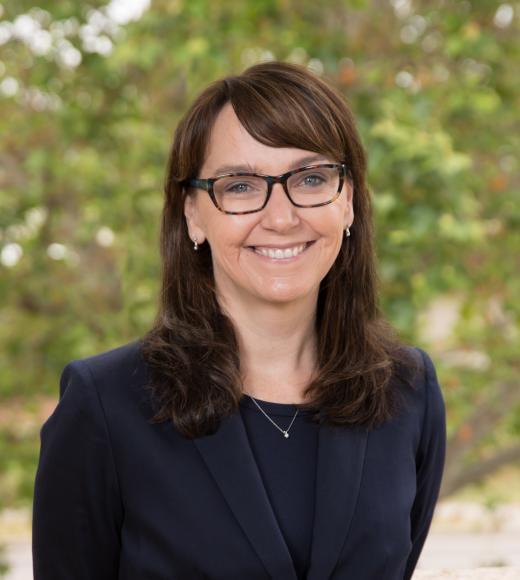
Position Title
Professor Emerita
Position Title
Professor Emerita
- Neurobiology, Physiology and Behavior
- Center for Neuroscience
- Neurology
- MIND Institute
Center for Neuroscience
Bio
